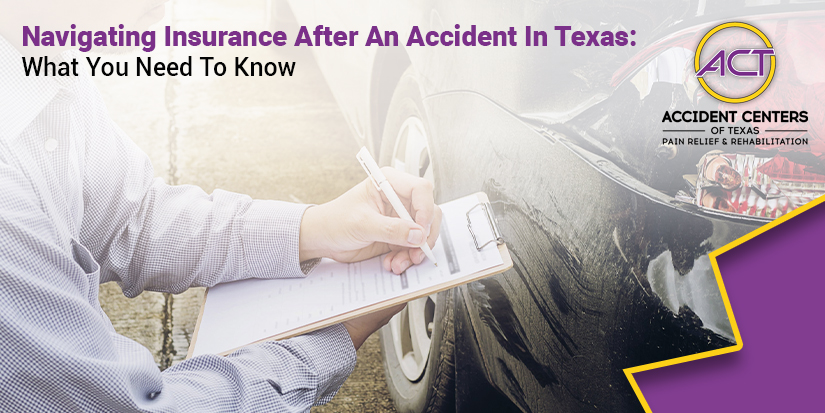Being in any kind of accident often means dealing with unexpected medical bills, lost income, and other monetary challenges. Having the right insurance coverage can help safeguard your finances as you recover. Here are some of the most important types of insurance for accident victims in Texas to have:
Health Insurance
Health insurance covers a portion of your medical expenses like emergency care, hospital fees, diagnostic tests, prescriptions, surgery and more. After an accident, those costs can quickly add up. Most health plans also include some accident-related benefits. Just be aware of deductibles, copays, network restrictions and policy limits.
Auto Insurance
In Texas, drivers are required to carry minimum liability auto insurance. However, accidents often exceed the minimums. That’s why it’s wise to purchase more robust coverage with higher limits for bodily injury liability, property damage liability, uninsured motorist bodily injury, and personal injury protection. The latter helps pay initial medical expenses. Comprehensive and collision coverage are also recommended to repair your vehicle.
Homeowners or Renters Insurance
If you suffer a serious injury on your own property, your homeowners or renters insurance may provide some medical coverage and liability protection. The amount will depend on your specific policy. For substantial assets, additional personal liability coverage is advised.
Disability Insurance
A disabling injury from an accident may prevent you from working for an extended period. Most employees don’t realize that workers’ compensation only covers workplace injuries – not accidents off the job. That’s where private disability insurance helps replace lost income by paying a portion of your salary. Both short and long-term disability policies are available.
Supplemental Accident Insurance
Many insurers offer supplemental accident policies as an add-on. These provide cash benefits that can be used for any accident-related expense – co-pays, rent, childcare or whatever you need. Benefits are usually paid as a lump sum after initial care. Some supplemental plans also cover lost wages. For those with limited health insurance, it’s excellent protection.
Travel Insurance
If you’re injured away from home, travel insurance can be a lifesaver. Two key coverages are emergency medical care and medical evacuation. The former helps pay for treatment and hospitalization in your location. Evacuation covers the substantial costs of safely transporting you home for care. Some plans also assist with trip cancellations, lost baggage and other travel headaches.
Specialty Insurance
Those who engage in higher risk activities often require specialty insurance. For example, workers in dangerous occupations may enroll in accident disability programs. Athletes commonly take out sports insurance for injury-related needs. Special policies for youth sports participants are also available. Consult your insurance provider regarding specialty offerings.
Legal Insurance
In case of disputes or a need to pursue compensation after an accident, legal insurance provides access to legal advice and covers attorney fees. Prepaid plans offer set services for a monthly fee. Reimbursement plans refund certain legal expenses according to policy terms. If seeking compensation, this coverage improves access to quality representation.
The Aftermath Of An Accident Is Hard Enough
Coping with injuries, financial constraints, and insurance complexities all at once can feel overwhelming. But having proper insurance coverage in place will offer you some reassurance and protection. We hope this overview gives you a better understanding of the different policies that can support accident victims and their families during recovery. Reach out to our legal partners, and we’ll be glad to help answer any other questions you may have. Here’s to staying safe and insured.







